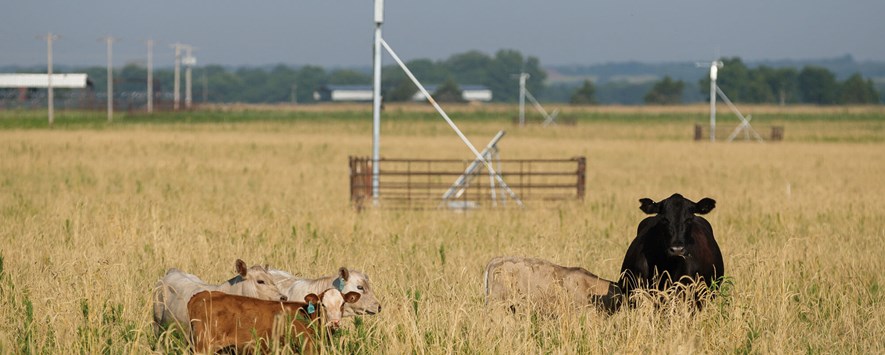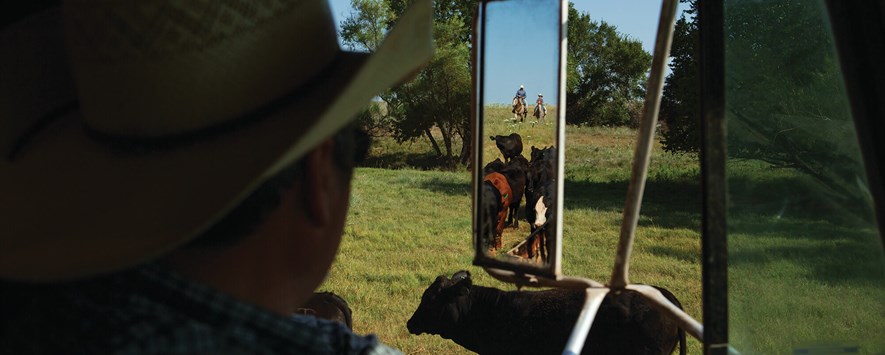Maria Monteros, Ph.D., associate professor who leads the legume genomics laboratory, grew up in Guatemala.

Like many other developing countries, Monteros’ mother-land is greatly impacted by food insecurity and malnutrition. She remembers meeting a professor during her undergraduate studies who developed a nutrient-rich food supplement and gave it to schools. When the students weren’t hungry, they were able to pay attention in class and be more successful. Monteros wanted a career in agricultural science because it provided the opportunity to help people, not only those who eat food but also those who grow it.
“We do research on the small things, like genes and DNA. Small variations in the specific instructions contained in DNA can make a huge difference in whether a plant is tolerant or susceptible to diseases and other stresses in the field.
“By finding the right combination of genes available in nature and the timing of the genes being turned on, we are able to help a plant better adapt to variable weather or to better utilize the water and nutrients in the soil. The final product is a crop that grows well and can feed animals and people while protecting the land for future generations.”
— Maria Monteros, Ph.D.
Associate Professor, Legume Genomics
 Plant cell walls (blue) and chloroplasts (red) seen beneath a microscope as part of root research.
Plant cell walls (blue) and chloroplasts (red) seen beneath a microscope as part of root research.



